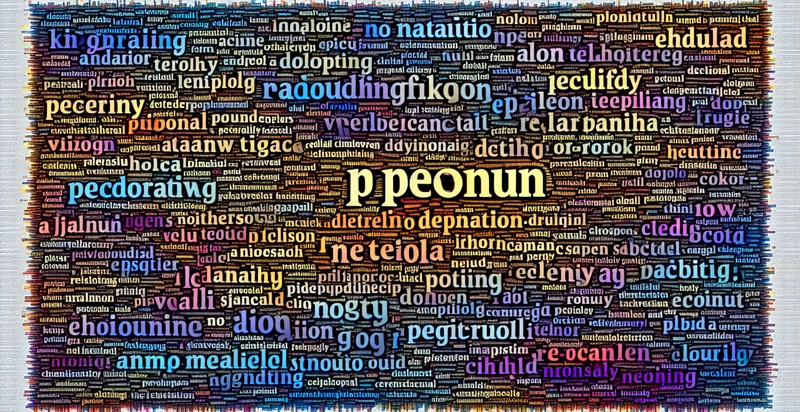Identify if a text contains a proper noun
using AI
Below is a free classifier to identify if a text contains a proper noun. Just input your text, and our AI will predict if it contains a proper noun - in just seconds.

Contact us for API access
Or, use Nyckel to build highly-accurate custom classifiers in just minutes. No PhD required.
Get started
import nyckel
credentials = nyckel.Credentials("YOUR_CLIENT_ID", "YOUR_CLIENT_SECRET")
nyckel.invoke("if-a-text-contains-a-proper-noun", "your_text_here", credentials)
fetch('https://www.nyckel.com/v1/functions/if-a-text-contains-a-proper-noun/invoke', {
method: 'POST',
headers: {
'Authorization': 'Bearer ' + 'YOUR_BEARER_TOKEN',
'Content-Type': 'application/json',
},
body: JSON.stringify(
{"data": "your_text_here"}
)
})
.then(response => response.json())
.then(data => console.log(data));
curl -X POST \
-H "Content-Type: application/json" \
-H "Authorization: Bearer YOUR_BEARER_TOKEN" \
-d '{"data": "your_text_here"}' \
https://www.nyckel.com/v1/functions/if-a-text-contains-a-proper-noun/invoke
How this classifier works
To start, input the text that you'd like analyzed. Our AI tool will then predict if it contains a proper noun.
This pretrained text model uses a Nyckel-created dataset and has 2 labels, including Contains Proper Noun and Does Not Contain Proper Noun.
We'll also show a confidence score (the higher the number, the more confident the AI model is around if it contains a proper noun).
Whether you're just curious or building if a text contains a proper noun detection into your application, we hope our classifier proves helpful.
Related Classifiers
Need to identify if a text contains a proper noun at scale?
Get API or Zapier access to this classifier for free. It's perfect for:
- Named Entity Recognition in Legal Documents: This function can be utilized to identify proper nouns in legal documents, such as names of individuals, organizations, and locations. By extracting these entities, law firms can efficiently organize case-related information and ensure compliance with legal standards.
- Brand Monitoring in Marketing: Marketing teams can leverage this identifier to track mentions of their brand names or competitors in social media and online content. This allows for timely responses to brand sentiment and competitive analysis, enhancing brand reputation management.
- Content Personalization in E-Commerce: E-commerce platforms can use this function to identify proper nouns in customer reviews and feedback. By recognizing specific products and brands mentioned, businesses can tailor recommendations and improve customer satisfaction based on user-generated content.
- News Aggregation and Sentiment Analysis: News aggregation services can apply this text classification function to filter articles by key figures, entities, or events. This enables them to perform sentiment analysis on specific proper nouns, helping users stay informed about trending topics and public opinion.
- Automated Customer Support: Automated chatbots can utilize proper noun identification to enhance customer interactions by recognizing the names of products or services customers mention. This contextual understanding allows for more accurate responses, improving customer experience in support scenarios.
- Academic Research and Citation: Researchers can use this identifier to streamline the process of analyzing academic papers by extracting proper nouns such as author names, institutions, and research topics. This facilitates citation tracking and helps researchers locate relevant literature more efficiently.
- Enhanced Search Engine Optimization (SEO): SEO specialists can employ this function to analyze web content for proper nouns related to their target keywords. By understanding how often proper nouns are used and in what context, they can optimize content for better search rankings and organic traffic.


